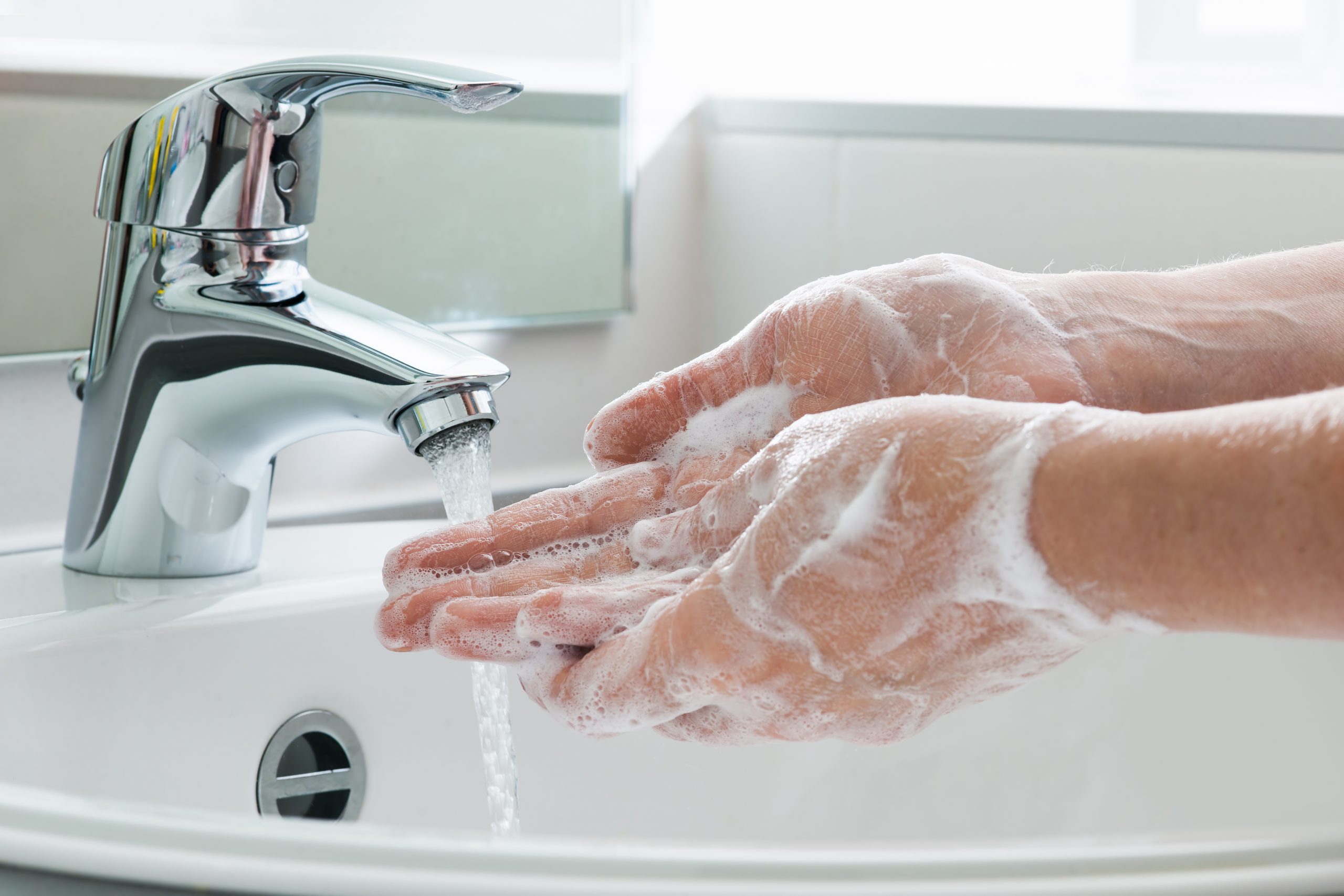Guilt and shame can create problems for anyone entering recovery. Guilt and shame are powerful emotions that are vital in the healing process. People who are new to recovery often struggle with issues of guilt and shame surrounding their addiction and the acts committed while intoxicated and addicted.
Powerful emotions play an integral part in addiction and recovery. A proactive approach to the recovery process is the best way to ensure a long and lasting recovery. The healing process includes dealing with issues of guilt and shame in recovery. Substance abuse is often associated with dark feelings or uncomfortable emotions.
Identifying negative emotions is essential for stopping them
The role of uncomfortable emotions in recovery typically requires seeking professional counseling. Attending recovery groups like Alcoholics Anonymous and seeing a counselor are integral parts of the recovery process. Guilt and shame can become overwhelming and often are one of the biggest obstacles for people seeking sobriety.
The effects of negative emotions like guilt and shame are often easily identified when rebuilding self-esteem becomes a core goal. Low self-esteem and depression are regularly associated with addiction. Rebuilding self-esteem starts with addressing issues of guilt and shame.
Addressing negative emotions and understanding their power is essential to recovery. Learning to identify negative emotions is the first step to stopping them.
Letting go of the guilt and shame that surrounds addiction starts with learning to identify these negative emotions. Once the emotion can be identified, it can be addressed through the recovery process. Once you’ve recognized the guilt and identified the feelings, you can begin addressing them.
The most challenging step in the path to recovery
At its core, recovery starts by learning to identify one’s emotions. Once the emotions of guilt and shame are easily recognized, the process of recovery begins. The second step is learning to identify the emotions without identifying with them.
You are not your mistakes; everyone makes mistakes. The most difficult step is learning to stop identifying with your mistakes. Seeking counseling to understand how to identify feelings without identifying with them puts you on the path to change.
Re-learning how to socialize
Part of participation in recovery groups like Alcoholics Anonymous addresses re-learning how to socialize. Socialization skills are essential to recovery and the third step towards addressing guilt and shame.
Relearning how to socialize without alcohol or drugs often starts with coffee. Getting coffee after an Alcoholics Anonymous meeting is the typical method used to help people re-learn acceptable socialization skills.
Interacting with your Alcoholics Anonymous sponsor is an excellent way to start getting out and socializing. These interactions help address guilt and shame issues in a safe setting.
 The fourth step is social hygiene
The fourth step is social hygiene

Practicing social hygiene is the fourth step to addressing guilt and shame in recovery. Social hygiene started in the last century as a movement to address vice, prostitution, and sexually transmitted diseases.
Social hygiene is an essential part of addressing guilt and shame related to addiction. To begin this step and develop social hygiene, it’s important to evaluate what areas you want to change. Think of social hygiene as the step that allows you to redefine yourself, your morals, and your character.
The fifth step acceptance
The final step is acceptance. Once you’ve learned to recognize guilt and shame without identifying them as your mistakes, you’ll begin socializing more socially and hygienically. Accepting that you are not your mistakes and moving forward more deliberately is the goal of every recovering alcoholic and addict.
Breaking a cycle of guilt and shame requires self-forgiveness. Learning self-forgiveness is essential to recovery. Because guilt and shame play such a large role in addiction, it is vital to address them at the onset of treatment.
If you have any questions about how to deal with guilt and shame in recovery, don’t hesitate to reach out to our counselors at United Recovery Project.
If you or a loved one is suffering from the effects of substance addiction, Call United Recovery Project, a full-service inpatient drug treatment center in South Florida. We recommend you speak to one of our caring representatives today for our top-tier services. We recognize your discomfort and want to assist!


